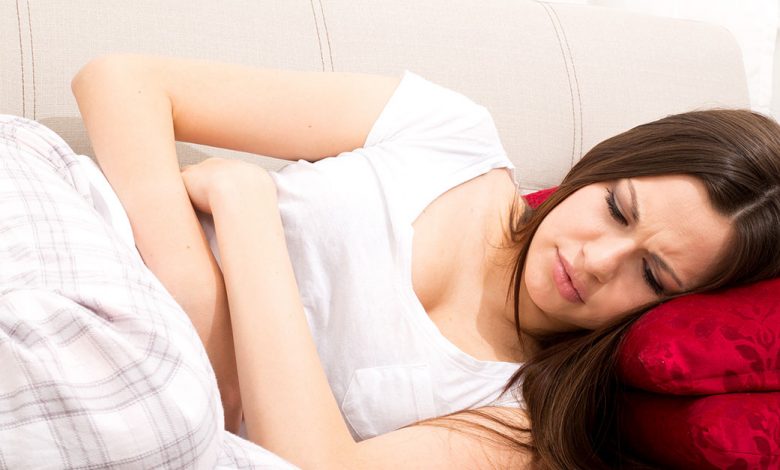6 tips to reduce period bloating

Period bloating is the feeling of fullness or tightness in the abdomen during menstruation. It is caused by an increase in the levels of the hormone progesterone, which causes water retention. The bloating may last for a few days to a week and can be accompanied by other symptoms such as fatigue, cramps, and mood swings.
There are a few things you can do to reduce period bloating:
- eat a healthy diet
- avoid gassy food
- exercise
- drink plenty of water
- Avoid tight clothing
- OTC medication
1. Eat a healthy diet:
Eating a diet that is high in fiber and low in salt can help to reduce bloating. Foods that are rich in fiber include fruits, vegetables, whole grains, and legumes. Aim to eat 25-30 grams of fiber per day.
2. Avoid gassy foods:
Foods that are known to cause gas and bloating include broccoli, cabbage, beans, and lentils. If you are prone to bloating, avoid these foods or eat them in small amounts.
3. Exercise:
Exercise can help to reduce bloating by promoting bowel movements and improving circulation. When you work out, your body releases endorphins. These hormones can help to reduce pain and cramping. They also help to improve circulation, which can reduce bloating.
4. Drink plenty of water:
Drinking plenty of fluids can help to flush out the excess salt and water that causes bloating. Aim to drink 8-10 glasses of water per day. Water will help to move things along in your digestive system and will also make you feel fuller so you eat less.
5. Avoid tight clothing:
Wearing tight clothing can further aggravate bloating. Choose loose-fitting clothes made from breathable fabrics such as cotton. This will help the body to regulate its temperature and will also allow your skin to breathe.
6. Over-the-counter medications:
If bloating is severe, over-the-counter medications such as ibuprofen or naproxen can help to relieve the symptoms. However, these should only be used as a last resort. These include antacids, diuretics, and laxatives. Talk to your doctor before taking any medication. Laxatives should only be used as a last resort as they can cause diarrhea and dehydration. Antihistamines can also help to reduce bloating by preventing the release of histamines, which can cause inflammation.
How to resolve cramps with bloating ?
If you experience cramps along with bloating during your period, there are a few things you can do to finding relief:
1. Take over-the-counter pain medication: Medications such as ibuprofen and naproxen can help to relieve cramps and pain.
2. Place a heating pad on your stomach or lower back: The heat can help to relax the muscles and ease pain.
3. Try taking a hot bath: Soaking in a hot bath can also help to relax the muscles and reduce pain.
4. Massage your stomach: Gently massaging the area can help to relieve cramps.
5. Stretch: Doing some gentle stretching exercises can help to ease cramps.
If you experience severe cramps or pain that is not relieved by these measures, it is important to see a doctor as this may be a sign of a more serious condition.
Consult a doctor:
If you experience severe bloating, cramping, or pain that is not relieved by over-the-counter medications, it is important to see a doctor. This may be a sign of a more serious condition such as endometriosis or fibroids. A doctor can perform a physical exam and order tests to determine the cause of your symptoms. Treatment will depend on the underlying condition. In some cases, surgery may be necessary.
Endometriosis is a condition in which the tissue that lines the uterus grows outside of the uterus. This can cause pain, cramping, and bloating. Fibroids are non-cancerous growths that form on the uterus. They can cause pain, cramping, and bloating. Treatment for endometriosis and fibroids typically includes medication or surgery.
If you are experiencing severe bloating, cramping, or pain, it is important to see a doctor to rule out any serious conditions. Treatment will depend on the underlying cause of your symptoms. In some cases, simple lifestyle changes such as diet and exercise may be all that is needed. However, in other cases, medication or surgery may be necessary.
You can book an online appointment with a gynecologist in lahore like Prof. Dr. Nazli Hameed.